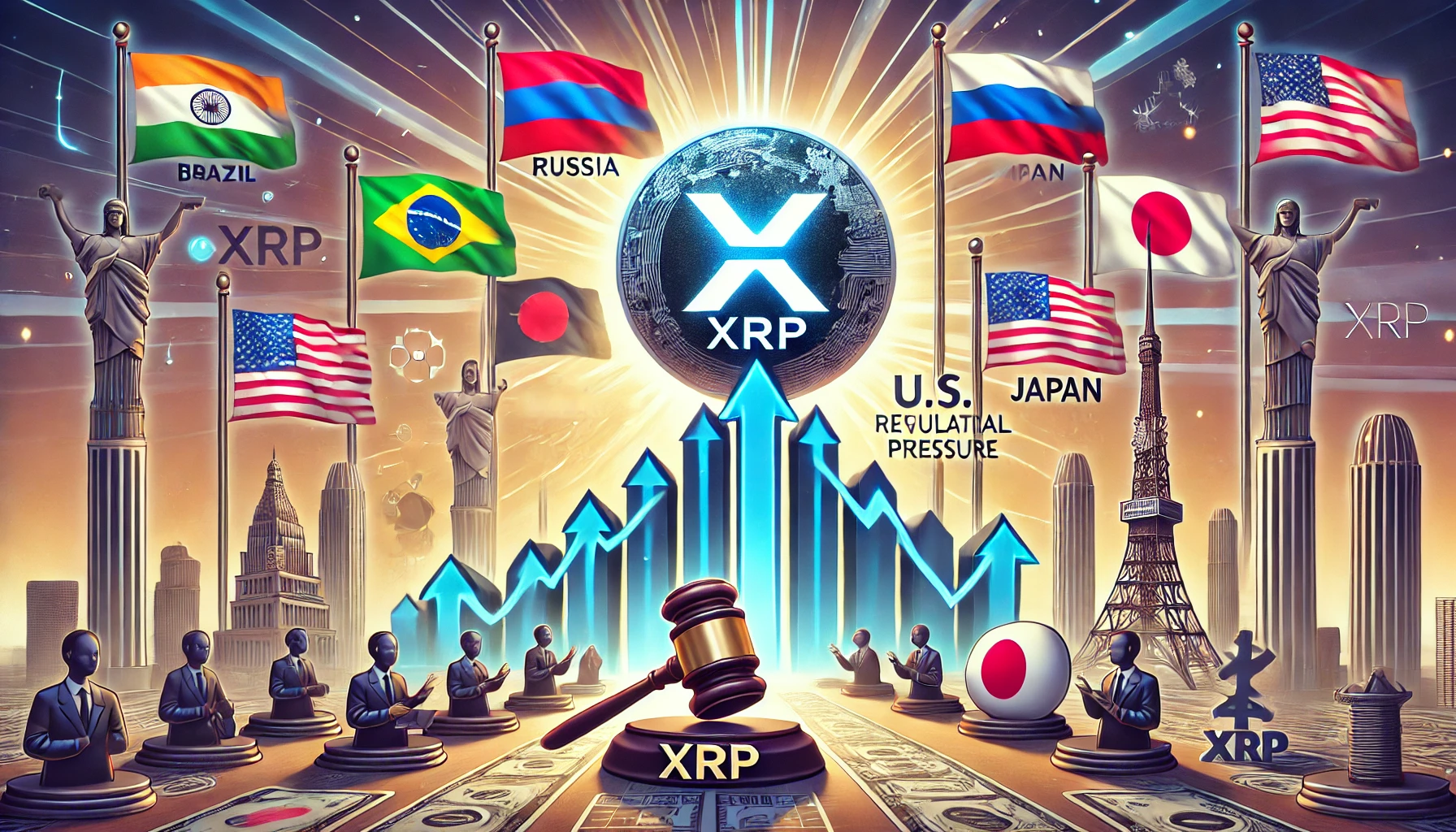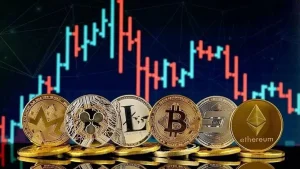- Versan Aljarrah highlights that XRP, through its decentralized framework, could bridge different government payment systems for cross-border settlements.
- He also suggests that XRP and Stellar (XLM) may work together in a dual-currency system, with XRP handling institutional transactions.
The potential for XRP to replace the U.S. dollar as a global reserve currency has been a topic of interest in the financial world. Versan Aljarrah, the founder of Black Swan Capitalist, provided a detailed examination of this issue today.
Can Ripple’s XRP Replace the U.S. Dollar?
In an article on X, Aljarrah began by highlighting the decline of the U.S. dollar in purchasing power and liquidity. He pointed out that “currency cycles come to an end” and noted that the world’s reserve currency may no longer maintain that role.
As liquidity in the dollar dwindles, institutions and governments are increasingly looking for alternatives for a medium of exchange and store of value. According to Aljarrah, the key question here is to “follow the money” and observe where institutions are directing resources.
One such direction is the integration of blockchain technology in international banking. SWIFT, the global standard for financial messaging services, is reportedly moving toward Ripple’s technology, reported CNF.
Aljarrah cites the involvement of two former SWIFT executives in Ripple as evidence of this shift. In his words, “this alliance can only indicate a strategic shift towards adopting Ripple’s technology.” This suggests that XRP may soon play a critical role in SWIFT’s operations.
Furthermore, global financial organizations like the International Monetary Fund (IMF), Bank for International Settlements (BIS), and World Bank are exploring crypto and distributed ledger technologies. Aljarrah emphasized these bodies are also considering Ripple’s XRP for cross-border payment needs, per the CNF report.
He stated that XRP, through its decentralized framework, could serve as a bridge between different government payment systems for cross-border settlements.
— Versan | Black Swan Capitalist (@VersanAljarrah) October 21, 2024
Conditions On XRP Price & Supply
According to Aljarrah, the price of XRP will need to increase substantially if it is to serve as a global liquidity solution. He added that the current supply of 100 billion XRP tokens may not be sufficient to meet global economic needs, which could lead to a supply shock in the future.
Currently, the infrastructure for XRP’s adoption is already being developed. However, Aljarrah noted that regulatory hurdles, particularly by the U.S. Securities and Exchange Commission (SEC), are delaying its full-scale integration into the financial system.
Meanwhile, he also introduced the concept of a dual-currency system, where XRP and Stellar (XLM) operate together to meet different financial needs. While XRP is positioned for large-scale institutional transactions, XLM focuses on peer-to-peer payments and financial inclusion. Aljarrah suggests that these two cryptocurrencies could complement each other.
He also discussed Central Bank Digital Currencies (CBDCs) in relation to XRP. Aljarrah argued that Ripple’s RLUSD stablecoin could perform many of the same functions as a CBDC without the regulatory concerns associated with such state-backed currencies. He noted that RLUSD is already being used in ways similar to a CBDC with a digital representation of USD on Ripple’s ledger, per the CNF report.
Finally, Aljarrah mentions the BRICS nations’ ongoing efforts to develop an alternative to SWIFT, known as Project mBridge. This project, backed by the BIS, highlights the growing interest in XRP as a global cross-border settlement tool among emerging economies.





















